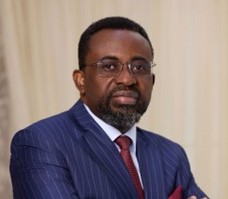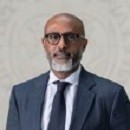Key Points:
- Macroeconomic stabilization: progress, costs and challenges. Ghana’s macroeconomic turnaround is underpinned by steady disinflation reflecting tight monetary policy and sterilization of excess liquidity, strong rebound in growth, international reserve build-up, and positive performance under the ECF program. Sterilization has presented challenges for the Bank of Ghana’s balance sheet. The authorities aim to rebuild the central bank’s balance sheet over the medium term, in addition to enhancing independence and limiting monetary financing through legislative changes.
- Foreign exchange and reserve management. Ghana operates a managed floating exchange rate regime, focused on smoothing excessive volatilities. Recent central bank interventions to support the FX market have primarily aimed to address large, one-off payments. The authorities are actively strengthening Ghana’s foreign reserves, which now provide coverage for around 4.5 months of imports. The Bank of Ghana continues to complement its international reserve buildup through its intermediating role in the Domestic Gold Purchase Program.
- Crypto assets. The central bank has observed a shift in remittance flows, with some now moving away from traditional banking channels to crypto assets and stablecoins. In response, policy measures are being implemented to establish a regulatory framework—supported by the IMF— including a new draft bill to regulate crypto assets in Ghana. Additionally, the Bank of Ghana has created a dedicated department to closely monitor these evolving financial flows.
Quotes:
“We came into office with lots of liquidity, high inflation, exchange rate that was depreciating widely. And I remember, when we came in, there was talk about whether we should cancel the [IMF] program altogether. There were doubts as to whether we would be able to carry on with the program and end it. But I'm happy to say that, eight months down the road, we are turning the corner. Ghana is back.” Johnson P. Asiama
“We want to build more and more of reserves because, as you know, we are still a commodity exporting country. The risks remain. And so, apart from sound macroeconomic policy, we also have to make sure we have adequate reserves, just in case the headwinds approach”. Johnson P. Asiama
“The local currency will be 60 years this year and we want that to mark a new beginning. Because when we use the local currency in all transactions, that enhances the efficiency of monetary policy. It's at the core of most of our problems. So, it's one of the things I would want to be remembered for, that I came, I solved that problem, I made the local currency the currency of choice.” Johnson P. Asiama
Contributor: Drazen Rakic


